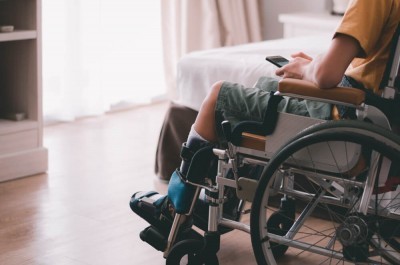The food bank operator Trussell Trust has published a new report highlighting the extent to which the UK is experiencing an ongoing poverty crisis.
The report shows that people relying on food banks in the early weeks of the Covid pandemic in 2020 were generally surviving on just a few hundred pounds per month after allocating their housing costs.
Extreme poverty is regarded by the charity as being the chief driver of an upsurge in the use of food banks, which was accelerated dramatically by the pandemic and the lockdowns that it precipitated.
The average monthly income of someone using food banks in March 2020 was estimated to be £248 after housing costs, which clearly left those people with very little money with which to pay for groceries and cover the costs of energy bills and council taxes.
Indeed, the view of the Trussell Trust is that around 95 per cent of people using food banks across the UK as the pandemic took hold last year were effectively living in a state of destitution.
For many people, the immediate problem they were facing was that they were waiting on social security payments to reach them or those amounts were insufficient to cover their most basic costs of living.
Single parents and disabled people have been found by the Trussell Trust to be disproportionately likely to find themselves needing to visit their local food banks.
Roughly one in five households referred to food banks were led by single parents, while more than six in 10 people of working age who use food banks last year were disabled.
“How can anyone in this country stay warm and dry and buy food on just £248 a month after rent?” asks Emma Revie, the chief executive of the Trussell Trust.
“We need to change the conversation around poverty and take action together. We need government at all levels to commit to ending the need for food banks once and for all and to develop a plan to do so.”
If you live anywhere in Scotland and you are worried about your personal debts for any reason then Scotland Debt Solutions can help. Contact us directly to arrange a FREE and confidential consultation.






